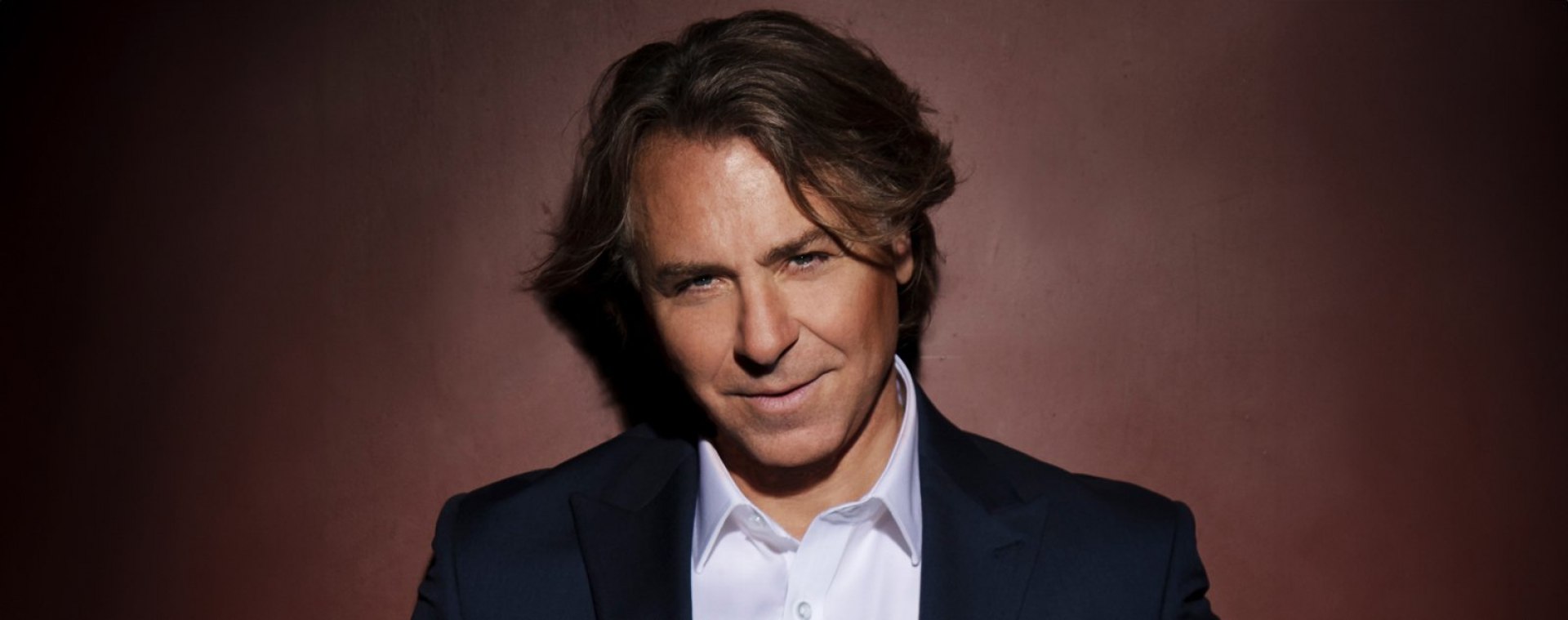Roberto Alagna
October 2025 | ||||||
|---|---|---|---|---|---|---|
Mo | Tu | We | Th | Fr | Sa | Su |
Roberto Alagna: Sing Puccini | Opera in concert version
Approximate running time: 2 hours
A true display of vocal art based on the most complex arias of the genius composer.
Roberto Alagna, a French tenor of Italian origin and a living legend on stages around the world, returns to the Gran Teatre del Liceu with a historic recital that will once again captivate our audience with an unusual program entirely dedicated to Puccini’s music. A true display of vocal artistry based on the most complex arias of the genius composer. Alagna, who has been globally recognized for his vocal talent and ability to passionately perform the great opera roles, is a deep admirer of the works of the composer from Lucca, whose melodies have left an indelible mark on the operatic repertoire.
The recital in tribute to Puccini aims to capture the essence of his music, but also highlight Alagna’s great versatility, as he is capable of performing both the most demanding and the most subtle roles: from the passionate aria “Nessun Dorma” from Turandot to the most moving arias from Madama Butterfly, Tosca, and La bohème, including his early operas Le Villi and Edgar, to demonstrate the deep emotional connection he has with the music he performs.
With his firm voice and charisma, Alagna will break down ten arias from an extremely challenging program to perform, each with very different vocal requirements, demanding technique, breath control, nerve management, concentration, and a privileged instrument.
Program and cast
Tenor - Roberto Alagna
Piano - Jeff Cohen
Gran Teatre del Liceu
Barcelona's opera house, the Gran Teatre del Liceu, was founded on the Rambla in 1847 and has continued over the years to fulfil its role as a culture and arts centre and one of the symbols of the city.
Today it is publicly-owned (by the Government of Catalonia, Barcelona City Council, Barcelona Provincial Council and the Ministerio de Educación, Cultura y Deporte) and administered by the Fundació del Gran Teatre del Liceu which, in addition to the aforementioned bodies, incorporates the Patronage Council and the Societat del Gran Teatre del Liceu (the old society of owners).
Origins: From 1837 to 1847
The Liceu evolved out of the Sociedad Dramática de Aficionados (Society of theatre-lovers) set up in 1837 at the instigation of Manuel Gibert in the former convent of Montsió by members of the National Militia, an organization of armed citizens with liberal leanings.
Barcelona's economy and population were growing fast at the time and the city needed a music conservatory. This led to the conversion of the Sociedad Dramática into the Liceo Filármonico Dramático Barcelonés de S.M. la Reina Isabel II (Barcelona Dramatic and Philharmonic Lyceum of HM Queen Isabel II). In addition to its theatrical activities, the new organization cultivated Italian-style singing and music.
The building on the Rambla
The original building was solemnly opened on 4 April 1847. The plans had been drawn up by Miquel Garriga i Roca, subsequently assisted by Josep Oriol Mestres. The project was funded by selling shares, which meant that many of the boxes and seats were to be privately owned. The shareholders formed the Societat del Gran Teatre del Liceu, known as the “Societat de Propietaris” (Society of Owners), which was in sole charge of running the Gran Teatre del Liceu from 1855 onwards, after it was legally separated from the Conservatori del Gran Teatre del Liceu.
The theatre was operated by impresarios who were given a concession to stage a specific number of productions in exchange for the proceeds from the sale of tickets not reserved for the Societat itself. This system was to endure until 1980.
The creation of the Consortium
By the last quarter of the 20th century this management system was no longer viable. In 1980, to avert the danger of the disappearance of an institution of such worldwide cultural renown, the Generalitat Catalonia's first government in modern times – set up a consortium, the Consorci del Gran Teatre del Liceu, which also incorporated Barcelona City Council and the Societat del Gran Teatre del Liceu. Barcelona Provincial Council joined the Consortium in 1985, followed by the Spanish Ministry of Culture in 1986. From then on the Consortium took over operation of the theatre.

 EN
EN DE
DE IT
IT FR
FR ES
ES RU
RU JP
JP RO
RO
